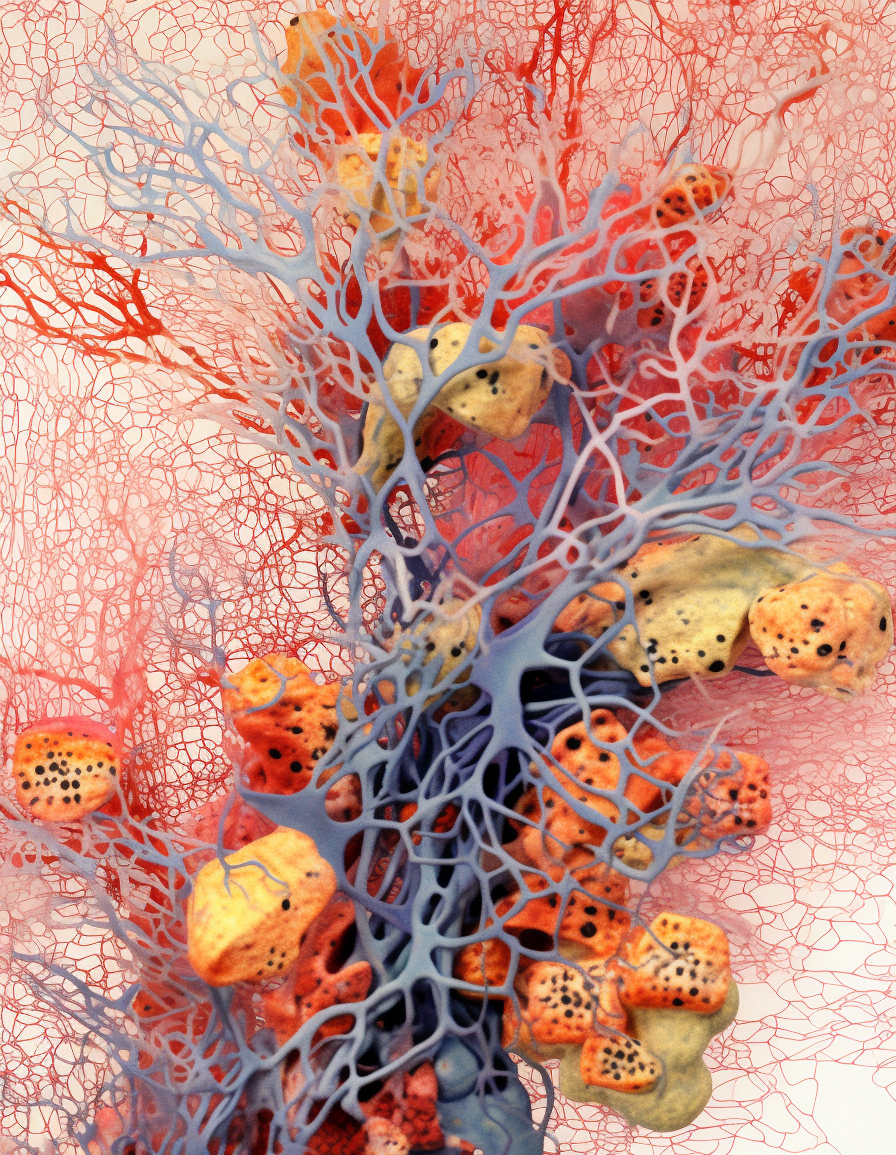Parkinsons’ Disease Treatment
At the Columbia Center for Integrative Medicine, we understand that Parkinson's disease is a complex condition characterized by the destruction of dopamine-producing neurons in the substantia nigra. This neuronal loss is responsible for the motor symptoms associated with the disease. However, Parkinson's disease is not limited to motor symptoms alone. There is also impaired synaptic transmission in the prefrontal cingulate cortex and substantia nigra, leading to nonmotor symptoms.
A notable feature of Parkinson's disease is the accumulation of Lewy bodies, which are abnormal cellular membranes composed of misfolded alpha-synuclein protein. These Lewy bodies can be found in various parts of the brain and body, including the cerebral cortex, vagus nerve, sympathetic ganglia, and intestinal nerves. Recent research has highlighted the role of the gut microbiome in the development of misfolded alpha-synuclein in the nervous system, contributing to the onset of Parkinson's disease.

Changes in the gut microbiome and gut bacteria can activate pattern recognition receptors, which play a role in disease onset. Certain types of bacteria, particularly gram-negative aerobes, have been shown to contribute to the misfolding and accumulation of alpha-synuclein protein. Alpha-synuclein is primarily produced in the nervous system but can also be found in blood cells and cells produced by the bone marrow. It plays a crucial role in healthy neurotransmitter production and function.
The fibrillation of alpha-synuclein protein and the subsequent formation of Lewy bodies lead to nerve destruction in specific areas of the brain, particularly those involved in dopamine production and transport. This explains why dopaminergic neurons are preferentially affected in Parkinson's disease. Additionally, alpha-synuclein pathology in the gut, specifically in the enteric nervous system, can induce colonic dysmotility and gastrointestinal symptoms such as constipation.
Research has shown that alpha-synuclein can propagate from the gut to the central nervous system via the vagus nerve, which serves as a pathway for proteins, chemicals, and metabolites. Gut dysbiosis-induced intestinal permeability can decrease the production of short-chain fatty acids, essential for maintaining a healthy blood-brain barrier. This increased permeability allows inflammatory metabolites produced by gut bacteria to travel to the brain through the vagus nerve, further affecting alpha-synuclein aggregation and fibrillation.
Furthermore, certain inflammation-inducing bacterial metabolites, such as lipopolysaccharide, can enhance alpha-synuclein fibrillation. Animal studies have demonstrated that altered short-chain fatty acid production can induce microglial activation in the brain, promoting alpha-synuclein aggregation.
In patients with Parkinson's, the gut microbiome composition is often altered. They have higher levels of Enterobacteria and lower levels of beneficial bacteria, such as Faecalibacterium prausnitzii, known for butyrate production. Short-chain fatty acids, including acetate, propionate, and butyrate, are essential for a healthy blood-brain barrier and gut integrity. Decreased levels of these short-chain fatty acids can lead to increased gut and blood-brain permeability, triggering alpha-synuclein aggregation and fibrillation.
At the Columbia Center for Integrative Medicine, we offer a comprehensive gut microbiome assessment and repair program specifically designed for patients with Parkinson's disease. Our diagnostic methods identify imbalances in the bacterial system, including the dominance of gram-negative aerobes, reduced levels of short-chain fatty acid-producing species, increased intestinal permeability, altered TGF-beta levels, and abnormal overall gut bacteria quantity. Through our program, we aim to restore balance by suppressing gram-negative aerobic bacteria, increasing short-chain fatty acid-producing bacteria, reducing intrinsic intestinal inflammation, and enhancing beneficial immunomodulatory substances.
